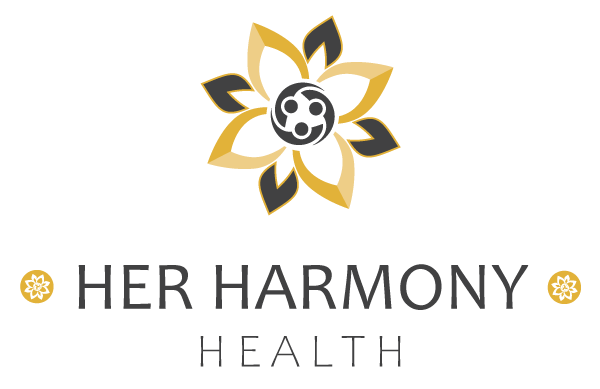Acupuncture has been successful for many pregnant women and women facing infertility. But how it works remains a mystery to most of us. So we asked Brandon, our acupuncturist to explain it. Enjoy!…
There has been much skepticism around the use of acupuncture for the treatment of infertility, menstruation and menopause but the fact is acupuncture has been practiced specifically for these symptoms dating back 700 years. With that being said, there has been extensive research and much success leading up to the modern era of this medicine.
TCM, known as Traditional Chinese Medicine, is based on the interconnection of everything in the universe. Heaven (celestial energy), earth, woman and everything else known and unknown to us. When we explore the interconnectedness of the universe, naturally we begin to realize there is a deep interconnection of our internal body systems as well. In TCM, the heart, uterus, kidney, liver, spleen and lungs have a deep connection to fertility and a successful delivery.
When the organs do not communication with one another, there will be infertility, miscarriage or difficult labor. Let’s examine the relationship between the organs and the energetic pathways in the body. These are called meridians, vessels or channel pathways, where the body’s qi energy flows upward, downward, inward and outward keeping the internal organs and body chemistry in homeostasis. Channels are where acupuncture points are located and used during treatment. By stimulating the pathways with acupuncture or acupressure, the internal organs become stimulated to help achieve four goals of TCM treatment.
First, establish conception by regulating the body’s internal chemistry. TCM practitioners monitor the menstrual and ovulatory cycles to gather information about the internal chemistry for an accurate diagnosis of the disharmony. Based on this diagnosis, a treatment plan is formulated to determine which organ and channel pathways should be stimulated to restore balance and homeostasis.
Second, support healthy eggs and sperm to ensure growth and development of the fetus. Along with acupuncture, other factors need to be addressed; such as, fluid and food intake, nutritional supplementation, personal weight, physical and emotional stress, exercise routines, environmental pollutants, amount of and quality of sleep, and finally over the counter or prescription drug use (caffeine, alcohol, nicotine, anti-inflammatory, etc.).
Third, integration of TCM and WSM (Western Scientific Medicine). Using modern technology to support the findings of TCM can help identify disorders which can cause infertility. Common disorders like endometriosis, polycystic ovarian syndrome, uterine cysts, uterine fibroids, hypothalamic anovulation, hyperprolactinaemia, premature menopause, resistant ovarian syndrome, autoimmune oopharitis, tumors of the ovary, adrenal or pituitary glands and post-oral contraceptive pill amenorrhea. Once diagnosed, these patterns can be addressed using TCM theory and treatment protocols.
Finally, preventing miscarriage by supporting organ energy, communication and function. Once conception has been achieved, it’s important to continue with acupuncture treatments to regulate the new mother’s body and address any unbalancing patterns that may occur after, which if not addressed may lead to miscarriage or pre-term delivery. Most woman probably haven’t considered treating the growing baby while still in the womb. It can be done by treating the mother! Acupuncturists select specific acupuncture points on the mom to support that particular phase of development the new baby is going through. These points are selected based on each month after conception.
Brandon loves talking about the workings of all this, you can find him at www.harmonysfamily.com!

